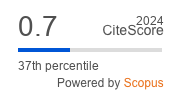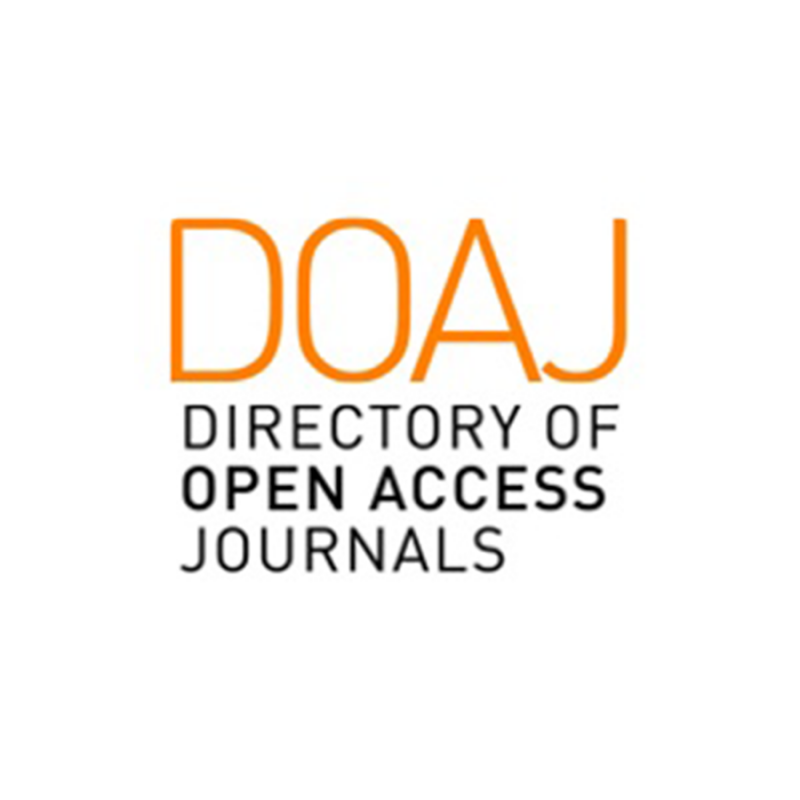Postprandial Hyperglycemia as a Significant Risk Factor for Coronary Heart Disease
Keywords:
Postprandial, Hyperglycemia Coronary Heart Disease Type 2 Diabetes Mellitus Glycated.Abstract
Background: The highest concentrations of
blood glucose during the day are usually found
postprandialy. Postprandial hyperglycemia (PPH)
is likely to promote or aggravate fasting
hyperglycemia. Evidence in recent years suggests
that PPH may play an important role in functional
& structural disturbances in different body organs
particularly the cardiovascular system.
Objective: To evaluate the effect of (PPH) as a
risk factor for coronary Heart disease in Type 2
diabetic patients.
Methods: Sixty-three type2 diabetic patients
were included in this study. All have controlled
fasting blood glucose, with HbA1c correlation.
They were all followed for five months period
(from May to October 2008). A two hour
postprandial glucose (PPG) was done for all. Other
risk factors were taken in consideration such as
hypertension, obesity, and dyslipidemia. The study
was performed on those patients after at least three
months of controlled fasting blood glucose. ECG
was done to all of them.
Results : Out of the 63 type 2 diabetic patients,
20 had normal PPG and HbA1c levels, one of them
(5%), has ischemic changes on ECG twenty
patients had normal HbA1c & High PPG with 7
(35%) of them showed ischemic changes on ECG
17 patients showed a high PPG and a high HbA1c
with four of them showed ischemic changes on
ECG P<0.05. The remaining 6 patients had normal
PPG but high HbA1c & also only one of them
showed ischemic changes on ECG.
Conclusion This study showed that PPH is a
significant risk factor for ischemic heart disease
(IHD).













